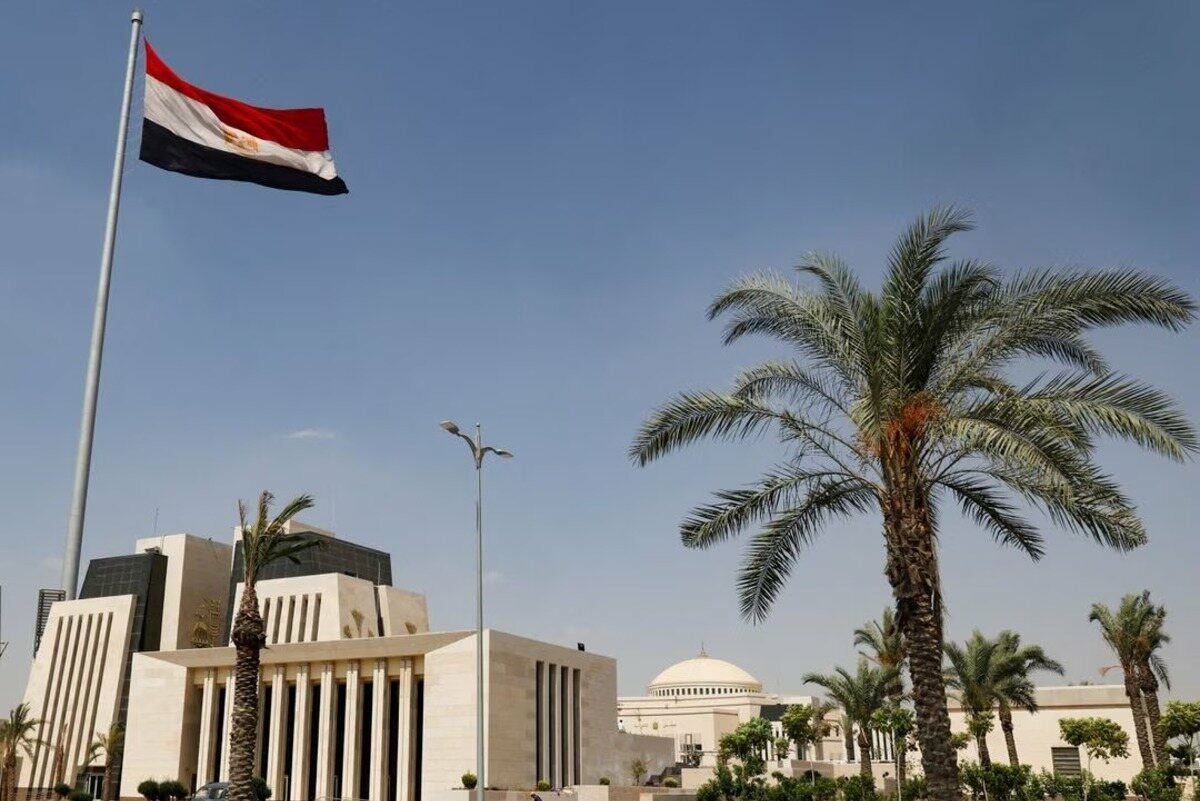Data released on Thursday by Egypt’s Central Agency for Public Mobilization and Statistics revealed that the annual inflation rate of consumer prices in Egyptian cities reached a new record high of 36.5 percent in July. This increase was in line with analysts’ expectations and was primarily driven by a sharp rise in food prices.
In June, the inflation rate in Egyptian cities reached a record high of 35.7 percent.
Prices experienced a monthly increase of 1.9 percent in July, which was a slight decrease from the 2.08 percent rise observed in June.
Read more: Central Bank of Egypt surprises markets with 100 basis point interest rate hike
According to a survey of 15 analysts, the average forecast predicted that the annual inflation of consumer prices in cities would increase to 36.5 percent in July.
In July, there was a 1.9 percent monthly increase in prices, which represented a decline from the 2.08 percent rise observed in June.
Food and beverage prices witnessed in July a year-on-year increase of 68.4 percent.
During a statement on Thursday, Egyptian Finance Minister Mohamed Maait announced that the initial budget surplus for the fiscal year 2022-2023 amounted to 1.63 percent of GDP, equivalent to 164.3 billion pounds. This marked an increase from the previous fiscal year’s surplus of 1.3 percent, despite a rise in expenditures by 18.8 percent. It’s important to note that the initial surplus figures exclude debt service payments.
Government debt increase
In a press release, the minister further stated that the total deficit for the fiscal year ending in June 2023 stood at 6 percent, slightly lower than the 6.1 percent recorded in the previous fiscal year. He emphasized that factors such as increased interest rates, fluctuating exchange rates, and inflationary effects had impacted the rates, suggesting that they could have been more favorable under different circumstances.
If not for the exchange rate change, the debt ratio would have amounted to 82.6 percent of GDP, said the minister. He further highlighted that the depreciation of the pound against the dollar had led to a 13.1 percent increase in the value of government debt, equivalent to 1.3 trillion pounds.
Maait further noted that the government aims to achieve a return to a downward trajectory of the debt ratio, targeting a rate of 80 percent in the near to medium term.








